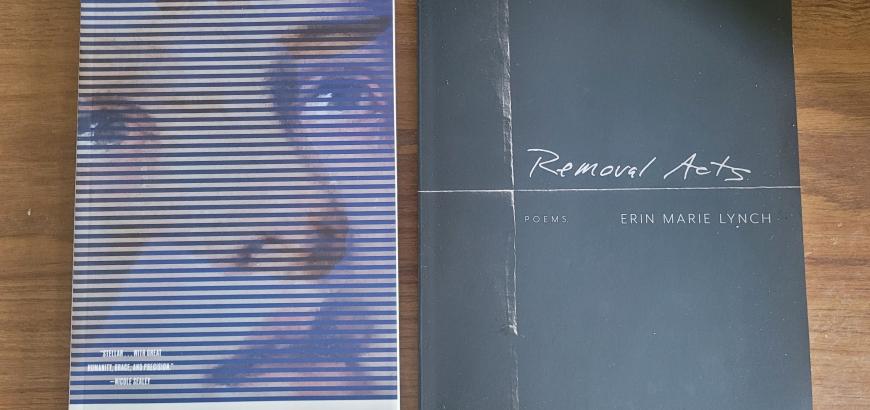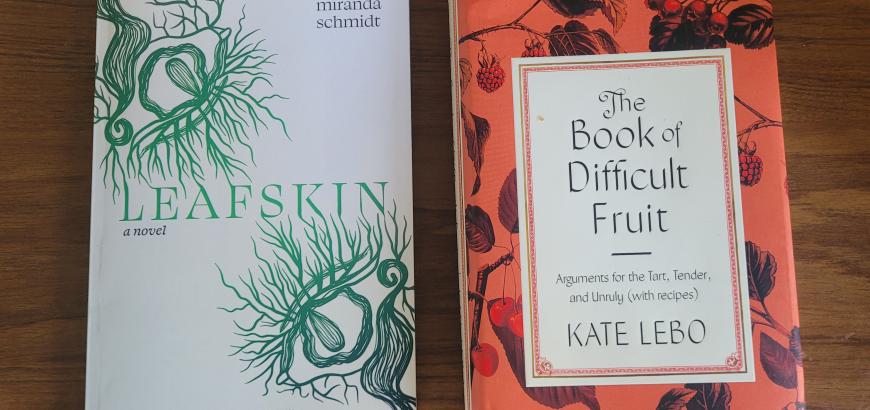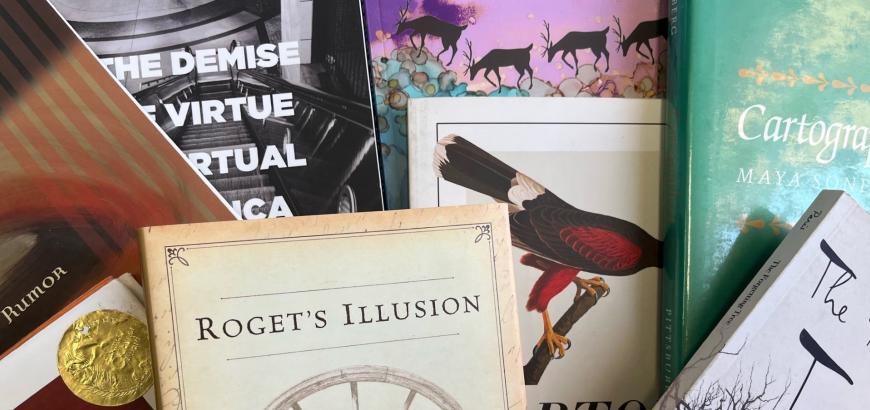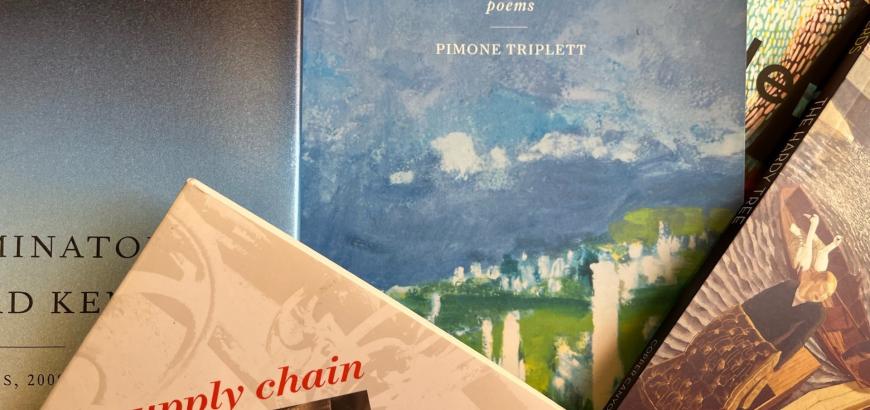The University of Washington English Department's Creative Writing Program offers a BA in English with a concentration in Creative Writing and a two-year Master of Fine Arts degrees in Poetry and Prose.
Founded in 1947 by Theodore Roethke, the Creative Writing Program's tradition of transformative workshops continues with our current faculty: David Bosworth (part-time), Nikki David Crouse, Rae Paris, David Shields, and Maya Sonenberg (Prose), and Richard Kenney (part-time), Andrew Feld and Pimone Triplett (Poetry). They include among their many honors fellowships from the MacArthur Foundation, the Guggenheim Foundation, and the National Endowment for the Arts, as well as prizes such as the Flannery O’Connor Award in Short Fiction and the McCarthy Prize. The list of our alumni publications represents a significant chapter in the history of American literature. To see recent examples of our MFA Program alumni publications, see the article MFA Program Graduates Publish at Impressive Rates in our Spring 2022 English Matters newsletter.
The MFA Program remains purposely small. The relatively small size of our program (20 students at most at any given time) allows for close associations to develop among students and faculty. The first year is devoted to participation in workshops and literary seminars, and the second year allows for concentrated work on a creative manuscript and critical essay under the supervision of two creative writing faculty members.
The BA in English with a Creative Writing Concentration prepares students not only to be more effective communicators and artists, but also creative problem solvers and more nuanced critical thinkers. By situating small, student-oriented writing workshops alongside literary models, Creative Writing classes enhance the broader study of literature and critical theory, helping students gain a greater understanding of the social and cultural forces informing their work. A student completing the program is more able to situate themselves in a larger aesthetic and social context and make more meaningful, informed decisions about their own artistic practice. In addition, through the intense practice of creative writing, students are able to see the world more clearly, in a more nuanced and meaningful manner, and apply these skills to a wide variety of work and life situations.
Director: Andrew Feld
Program Coordinator: Shannon Mitchell
Graduate Program Advisor: Tim Cosgrove
Undergraduate Program Advising: Humanities Academic Services






